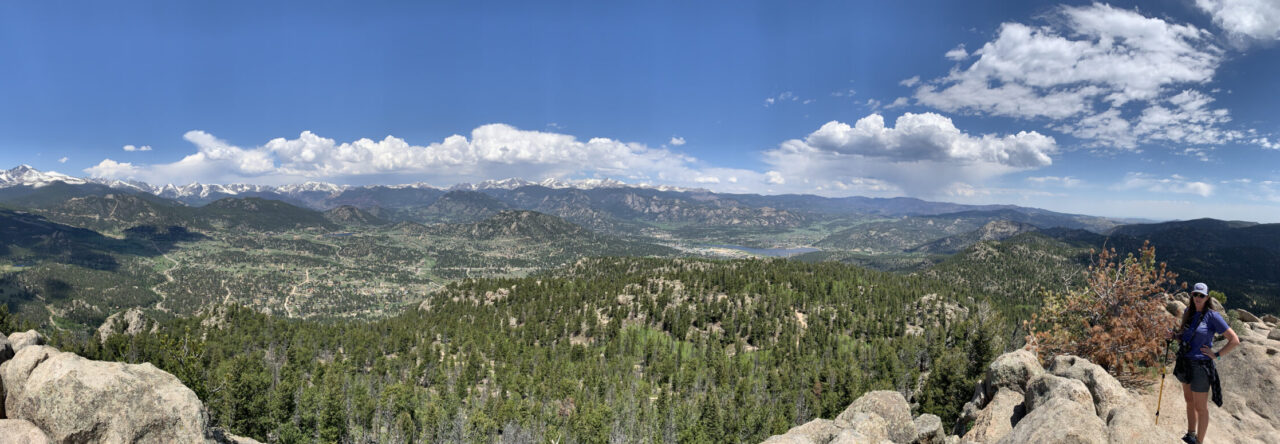Question: Is there a statute of limitations for when you are allowed to cover a song?
My take: Seemingly, there are two sides to this question, right? Either, you can cover a song whenever you want OR a certain amount of time needs to lapse before a song can be covered. I don’t think it’s so cut and dry.
Back in the early 1990s when music sucked, people covered country songs like crazy. Back then, country still had its twang and there wasn’t much crossover so most people didn’t know the songs they were singing along to were covers. Now that country music has started to morph into pop music sung by people wearing cowboy hats and belt buckles (if you can even identify the singer as country folk at all) they are the ones covering pop tunes and people seem to be okay with it.
That leads me into gray area #1. I think songs can be covered by singers of a different genre than the original with little to no time lapsing. John Michael Montgomery released the original I Swear in 1994. That same year All-4-One covered it. I was one of those freaks who listened to country and pop and knew there were two versions on the radio but I liked them both. I think by singing the song in the style of another genre, you change the song enough to make it unique.
Enter gray area #2. I was watching some crap reality television show called The One on ABC (the show has since been cancelled so it really was crap) where these music professionals help groom everyday folk into pop sensations. (Imagine American Idol without the Paula-y goodness.) One of the singers was doing a cover of a Lenny Kravitz song. The guy’s version was decent but nothing great. One of the hosts made the observation that it’s okay to cover someone but you either need to be faithful to the song or improve upon it, out of respect to the original artist. While The One might have been crap, that one comment has stuck in my head. When All-4-One covered I Swear they turned a really twangy country ballad into a smooth, sexy pop song.
Now, as far as time limits go to cover songs, I do have some ideas… In general, I think one generation should age before you cover a song. For instance, there is a new version of Life is a Highway out right now, sung by Rascal Flatts and appearing on the soundtrack of Cars. I have very distinct memories of riding in the neighbor lady’s car as a child while she drove me and her daughter out for ice cream. We had the windows down and the radio cranked and we were all singing along to the 1992 Tom Cochrane version. So now when I hear the Rascal Flatt’s rendition on the radio, my first instinct is to crank it up and roll down the windows. By waiting to cover that song, they have introduced it to a brand new generation and are letting people from prior ones relive it.
The only time that I can think of when you don’t have to wait for that generational lapse is, as stated above, when you can add something new to the song. The best illustration of this has occurred over the last 5 years. In 2001 Ryan Adams released When the Stars Go Blue. Realizing the greatness of the song, The Corrs partnered with Bono and covered it in 2002. This year Tim McGraw has released his own version (mmmm).
What do you think?

Will
You can cover any song you want at any time in a live show. Live shows carried on TV are a grey area, I get confused there.
You can NOT record a cover song unless 1) you have permission from the copyright holder (which usually involves payment) or 2) the song has come into public domain (sometimes songs fall into public domain sooner then they normally would because the copyright holder forgets or decides not to renew the copyright).
Most of the time someone records a cover of a recent song, it’s done with permission of the copyright holder.